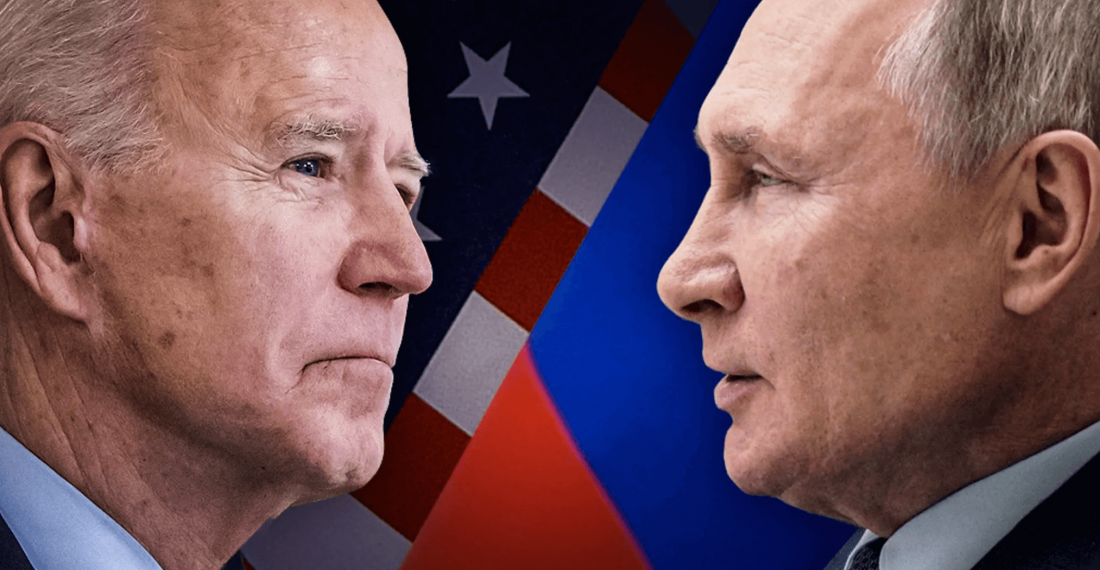US President Joe Biden and his Russian counterpart Vladimir Putin had an online video discussion on Tuesday (7 December) focusing on the rising tensions around Russia's neighbour Ukraine. Biden warned Putin that Moscow would pay a high economic and financial price if it invaded Ukraine.
The Biden administration is considering, as a potential sanction, excluding Russia from the international SWIFT system, which regulates international payments between banks. The US has also announced potential sanctions against Russian banks and Putin's confidants. Biden warned Putin that Russia would pay "very high costs" if he did invade.
Before the meeting, Biden expected a "long discussion" and indicated he would make things "very difficult" for Putin. In recent weeks, news emerged that Washington fears a Russian invasion of Ukraine was imminent, and warned the Russians of "serious consequences" if they invade. Moscow denies plans for an attack and insists on its right to station military troops anywhere on the territory of its country for military exercises without foreign interference.
The Russian military buildup has caused tensions to rise again between the US and Russia. Putin warned about crossing a "red line" with new international military activities in Ukraine. Biden said he "will not accept red lines from anyone".
The two leaders also clearly differ on a range of other issues. For example, Moscow demands that the Western alliance NATO not be expanded further eastwards towards Russia by accepting new members such as Ukraine and Georgia. The US also accuses the Russians of helping neighbouring Belarus to send migrants and asylum seekers from the Middle East towards the European Union.
According to US intelligence, it is now estimated that Russia has about 100 thousand military troops assembled in western Russia near the border with Ukraine. According to a leaked American analysis last week, this number may grow to about 175 thousand troops by the end of January. With these military forces the Russians could invade Ukraine from three directions.






